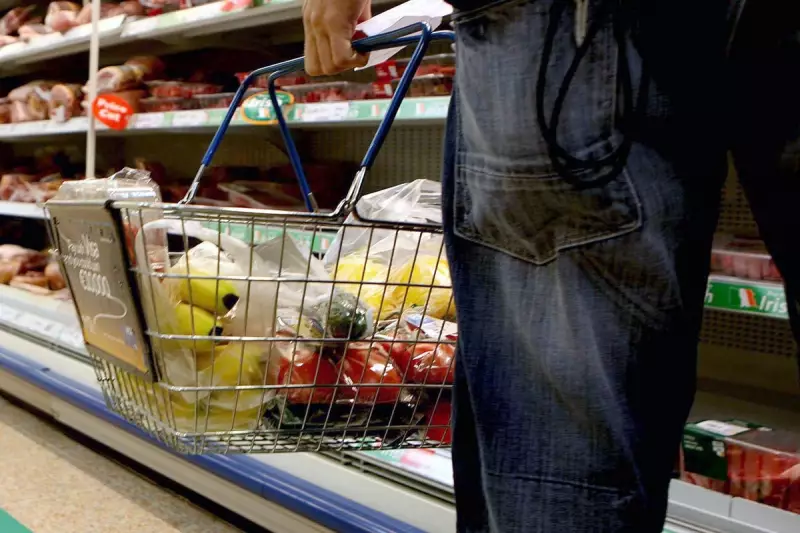
Fresh data has revealed a significant drop in UK inflation, sparking optimism that the Bank of England could slash interest rates before Christmas, offering potential relief to borrowers.
Energy and Food Prices Pull in Opposite Directions
The Office for National Statistics (ONS) confirmed that the Consumer Prices Index (CPI) fell to 3.6% in October, down from 3.8% in September. This marks the lowest inflation level since June, although it came in slightly higher than the 3.5% forecast by many economists.
The primary driver behind the decline was a slower increase in gas and electricity bills. While the energy price cap set by Ofgem rose by 2% in October, this was a much smaller jump compared to the nearly 10% hike witnessed a year ago, effectively applying downward pressure on the overall inflation rate.
However, this positive news was tempered by a worrying rebound in food costs. The annual inflation rate for food and non-alcoholic beverages climbed to 4.9% in October, up from 4.5% the previous month. On a monthly basis, prices increased by 0.5%.
This surge was largely fuelled by more expensive bread, cereals, meat, and fish. Prices for vegetables, sugar, and chocolate also rose, with only a decline in fruit costs providing a slight counterbalance.
Mixed Reactions from Economists and Industry
Danni Hewson, head of financial analysis at AJ Bell, noted the conflicting pressures on household budgets. She stated that the smaller energy cap increase offers little comfort to families who are simultaneously facing rising food prices for staples like bread and meat.
She identified a "silver lining", however, suggesting the overall data has raised expectations for a pre-Christmas interest rate cut from the Bank of England.
Karen Betts, chief executive of the Food and Drink Federation, defended the sector, pointing to the immense cost pressures on manufacturers. "Food and drink manufacturers are paying nearly 40% more for ingredients and energy than they were in January 2020," she said, also citing newer regulatory costs like packaging taxes and higher employer national insurance contributions.
Offering a more optimistic outlook, James Smith, a developed markets economist at ING, suggested that supermarket inflation might be near its peak, drawing on evidence from the eurozone where fresh food inflation is falling. Despite the October rebound, he does not expect it to prevent a rate cut in December.
Budgetary Pressures and the Chancellor's Response
The inflation report arrives just a week before the Chancellor, Rachel Reeves, is set to deliver her autumn Budget. She is widely anticipated to raise taxes to address a multibillion-pound spending gap.
In response to the latest figures, Reeves acknowledged that inflation remains a "big burden on families" and pledged "targeted action" in her Budget to tackle the cost of living. She listed cutting inflation, reducing NHS waiting lists, and controlling government debt as her three main priorities.
When questioned on whether hikes to employer national insurance have contributed to rising food prices, the Chancellor evaded a direct answer, reiterating her commitment to addressing the broader cost-of-living challenges facing the country.




